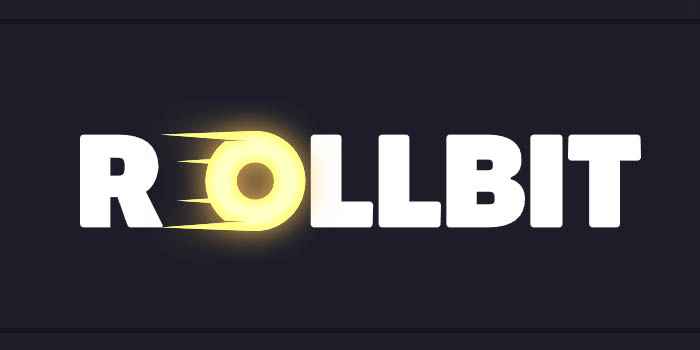- Home
- Blockchain
- Malta Crypto Gambling Initiative Progresses to Phase 2
Malta Crypto Gambling Initiative Progresses to Phase 2

- MGA pushes with crypto gambling project Phase 2
- The Maltese Digital Innovation Authority to audit operators applying for a license
- U.S. Regulators probe sports betting with cryptocurrency
The Malta Gambling Authority concluded Phase 1 of its crypto gambling experiment known as the Sandbox Framework. Moving forward, operators will begin applying for a license to launch crypto gambling facilities.
Malta’s Crypto Gambling Experiment Successful
The Malta Gaming Authority (MGA) will continue with Phase 2 of its crypto currency experiment released last in January, 2019. The Sandbox Framework is taking on the challenge of allowing crypto operators receive an official license, further allowing them to operate in a number of markets.
In the intimal phase of the project, operators were allowed to carry out tests in a controlled environment. Moving forward, the Sandbox Framework will up the ante, inviting operators to apply directly for the Innovative Technology Arrangements (ITAs).
To be accepted as a viable license-holder for ITA, any interested operator would need to let MDIA-registered auditors carry out a number of necessary checks. The MDIA, or the Malta Digital Innovation Authority, is no stranger to crypto assets.
However, the watchdog needs to approach the subject from a completely different angle. Determining whether an operator would be able to comply with MGA gambling statutes is the first priority of the initiative.
Regulatory action in cryptocurrency is more difficult as Know Your Customer (KYC) practices are more challenging to uphold. The majority of cryptocurrencies are anonymous to begin with.
More Sandbox Solutions for Crypto Gambling
While additional checks continue, the MGA has agreed to extend the Sandbox Regulatory Framework until December 31, 2021. The decision is a direct result of the successful completion of Phase 1 which tested the DLT technology necessary to even move to a place where operators can in fact apply.
The MGA will also be updating its Licensee Relationship Management System (LRMS) to reflect the new crypto and blockchain technologies that may soon be rolled out under an MGA license. More security measures will need to be introduced in the segment, as the United States is now actively monitoring crypto betting at sportsbooks.
The U.S. Treasury Department’s Financial Crime Enforcement Network (FinCEN) sent its director, Kenneth Blanco to the 12th annual AML conference in Las Vegas. The industry meeting gathered specialists of all areas. Blanco specifically addressed the rising tendency to place wagers via ‘convertible virtual currency’.
He shared his agency’s observation that suspicious activity reports (SARs) regarding cryptocurrencies have fallen, prompting FinCEN to doubt whether casinos haven’t been cooking the numbers in their favor.
Even in regulated markets, the FinCEN has seen a significant dip in the total number of filed SARs. For example, in New Jersey, SARs fell by 9%. Another 10% drop was registered in Nevada, and even fewer reports were filed in Pennsylvania in 2018, where the decrease was by 15%. Those weren’t even the top three. Other states reported significantly smaller amounts, including Ohio by -45%, Washington by -46% and Oklahoma by -51%.
Blanco did point out, however, that these states were mostly regulated sports betting markets now, which may explain the drop in SARs filed year-over-year.
Rachael is a veteran gaming journalist with over 9 years of writing experience but has only just started within the gambling industry. She has built a keen interest within the iGaming sector over the years from exposure at events and intends to translate her passion into publications here at GamblingNews.com to keep our readers updated with the latest developments.


